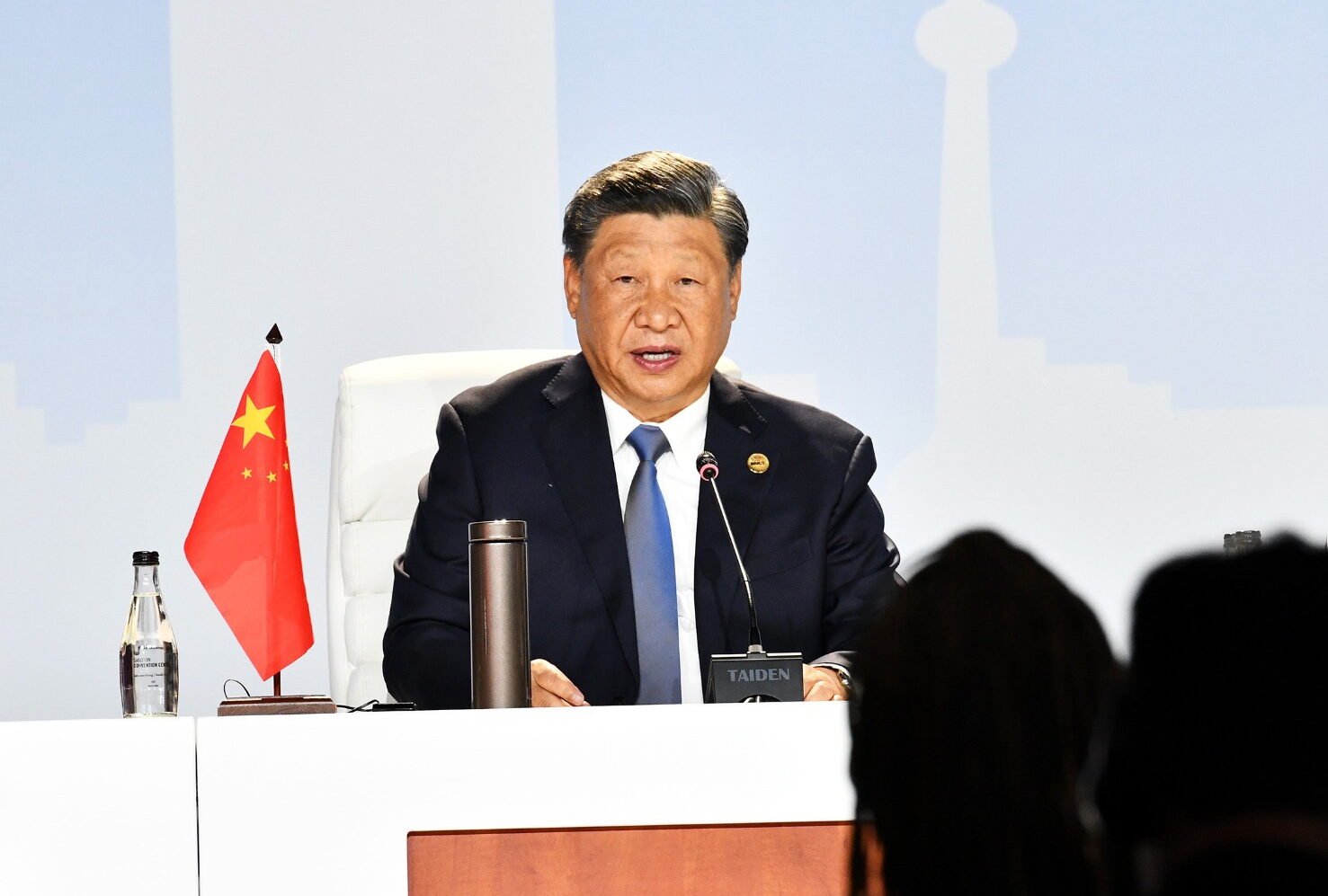Chinese somersaults on the economy

Xi's broken promises on the evolution of the Chinese economy. Extract from the Out newsletter
The Third Plenum of the 20th Congress of the Communist Party of China ended with the approval of an economic governance plan for the coming years (the Decision). The Third Plenum is held every ten years and defines the economic framework of the "reforms" needed by the country (according to the CCP) for the following ten years. It was supposed to be held last year, but Xi Jinping had it postponed. The result is a document that disappoints expectations of a change in Xi's economic policies. Despite the difficulties and concerns in the short term, the long-term focus prevails in the Decision, with the Chinese leader asking for "unshakable faith".
A 30-page plan, with 60 commitments, in which Xi Jinping's political vision is essentially reiterated. It could hardly be otherwise. The document states that the objectives set in the previous Plenum, in 2013, have been achieved. The 2013 Decision, in truth, stated that the Chinese government would refrain from intervening in the economy, leaving the market to allocate resources efficiently and acting as a neutral regulator. It's clear that it didn't exactly happen that way.
For the future, the Decision taken in this new Plenum focuses on a new expansion of support for industrial policies in the manufacturing sector, with the clear intent of strengthening China's role as a supplier to the world. At the same time, there are obvious contradictions in the document. While the neutral role of the State is confirmed (in words) until 2029, stating that state-owned and private enterprises will have the same treatment, on the other hand the Decision states that China will support state-owned enterprises to be strengthened and become stronger and more large. The objective is high-quality growth, i.e. in advanced technologies, defined as "new productive forces", including all green technologies, including electric cars (but also biotechnology and pharmaceuticals). Like all programmatic documents, the Decision contains a bit of everything, from eco-sustainability to the resilience (sic) of supply chains. Little or no indication of supporting domestic demand and limiting the country's trade surpluses with the rest of the world, on the contrary.
The document is a substantial acknowledgment of Xi's vision, that of a state pervaded by the party, which takes the lead and shows the way to gain world leadership in technology, industry and also in capital, placing particular emphasis on national security.
In summary, China is not changing course. Centralization of economic decisions, social control ("weave a dense network of prevention and control of risks related to social security and effectively maintain social stability") priority on the supply side (technology in particular), support for state-owned enterprises, alignment of economic policies to national security. Chinese macroeconomic imbalances will therefore remain (weak domestic demand and trade surplus) which do not help reduce economic tensions, in particular with the USA and Europe.
This is a machine translation from Italian language of a post published on Start Magazine at the URL https://www.startmag.it/mondo/cina-riforme-economia-terzo-plenum/ on Sat, 27 Jul 2024 05:00:39 +0000.
